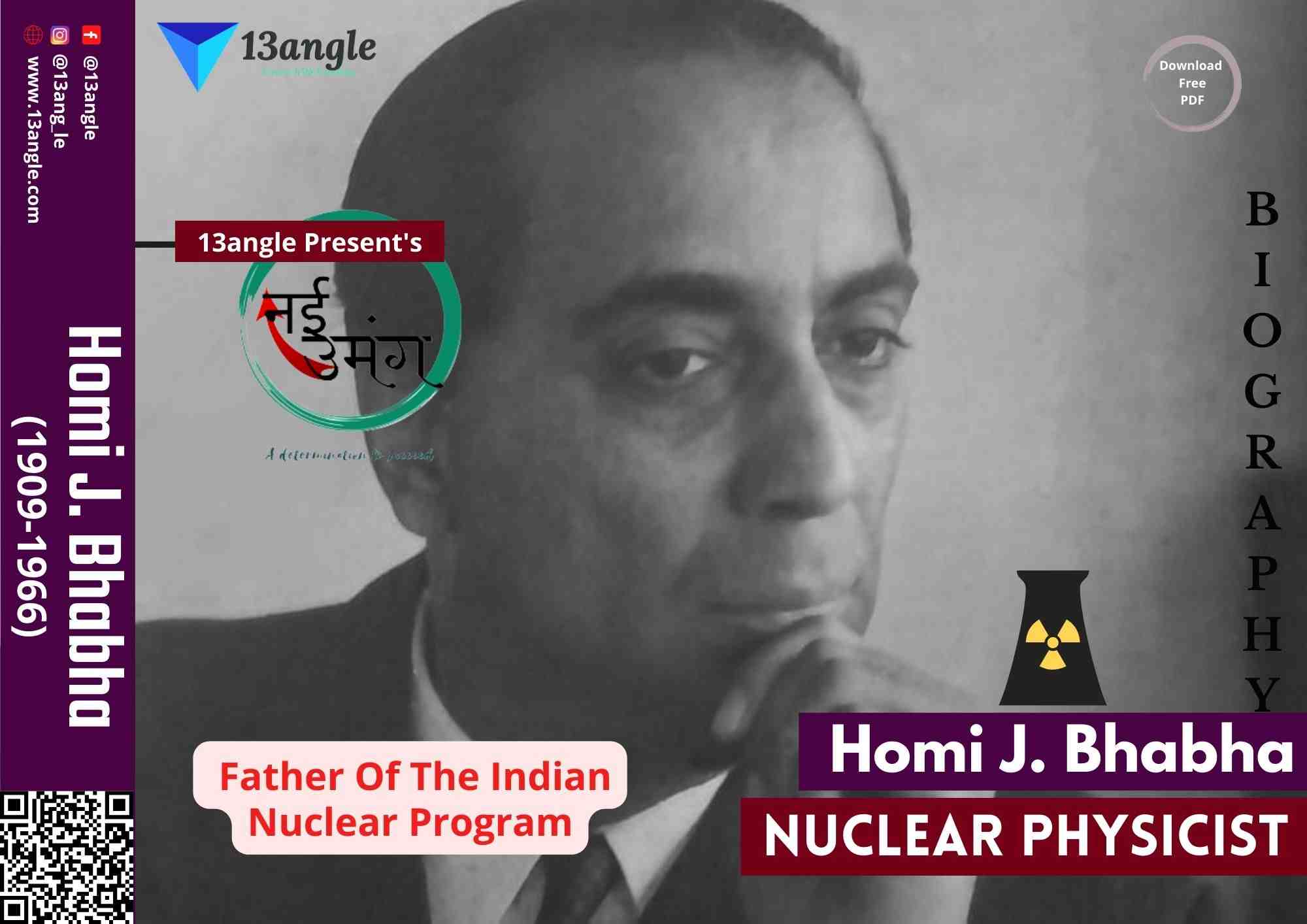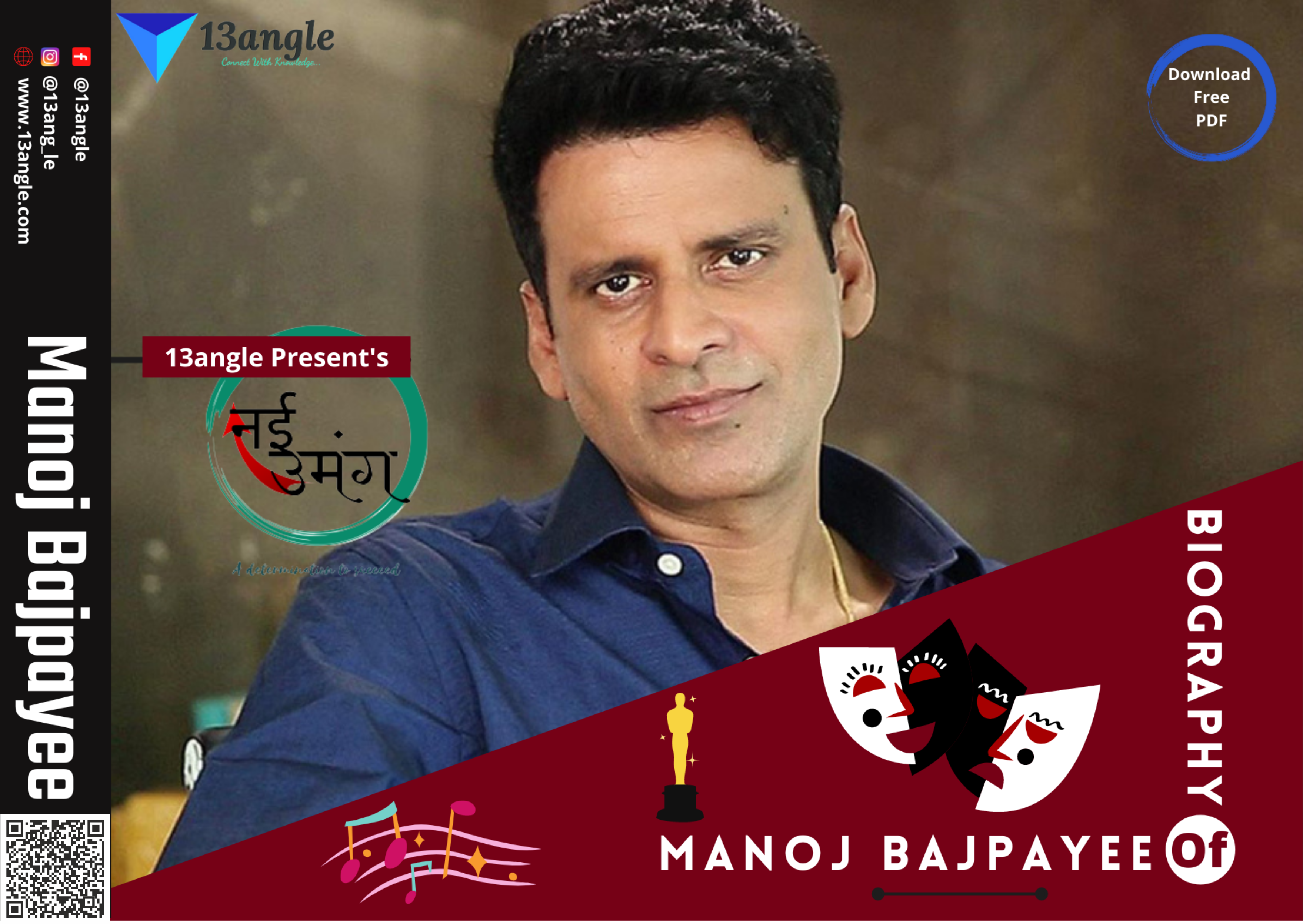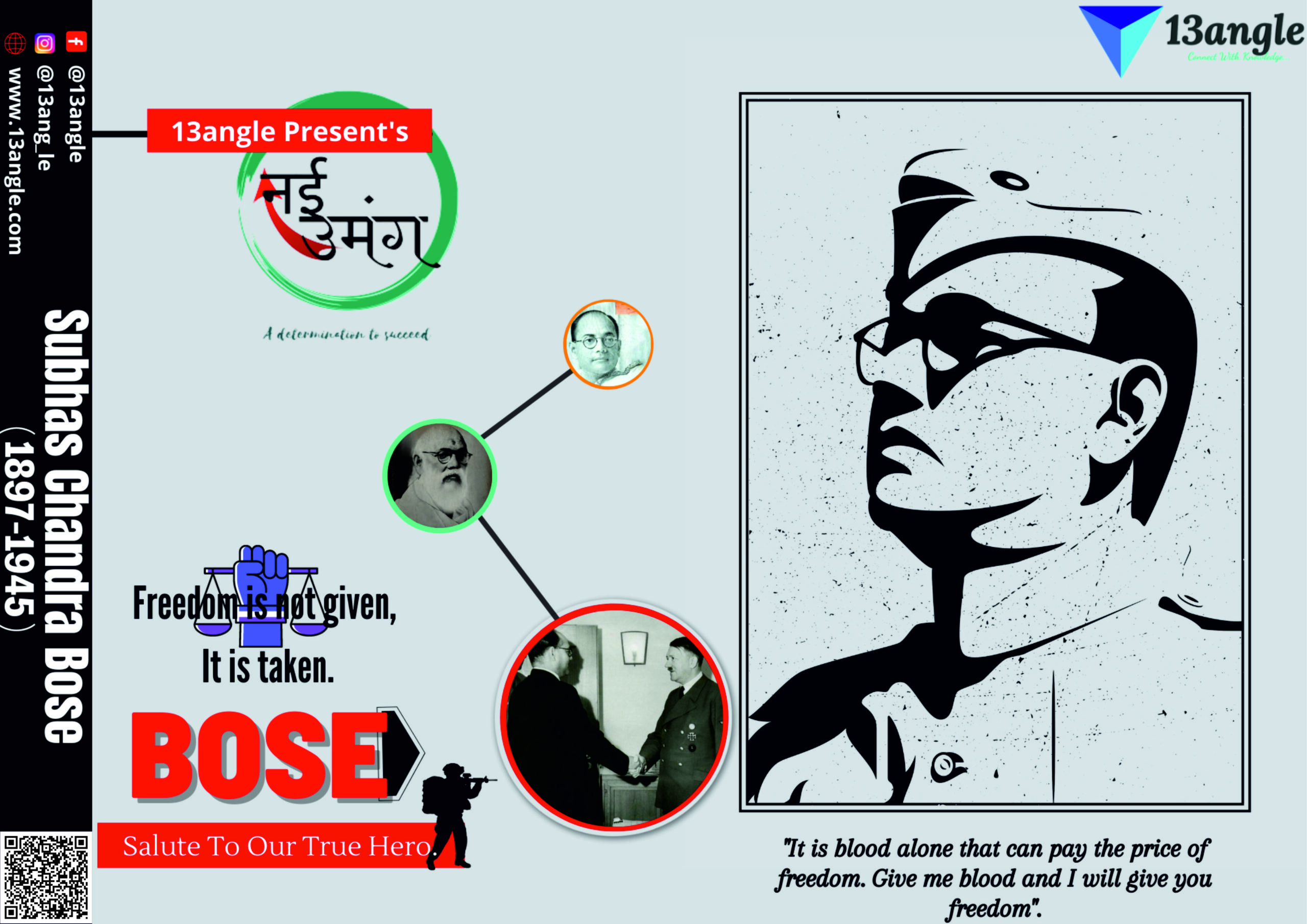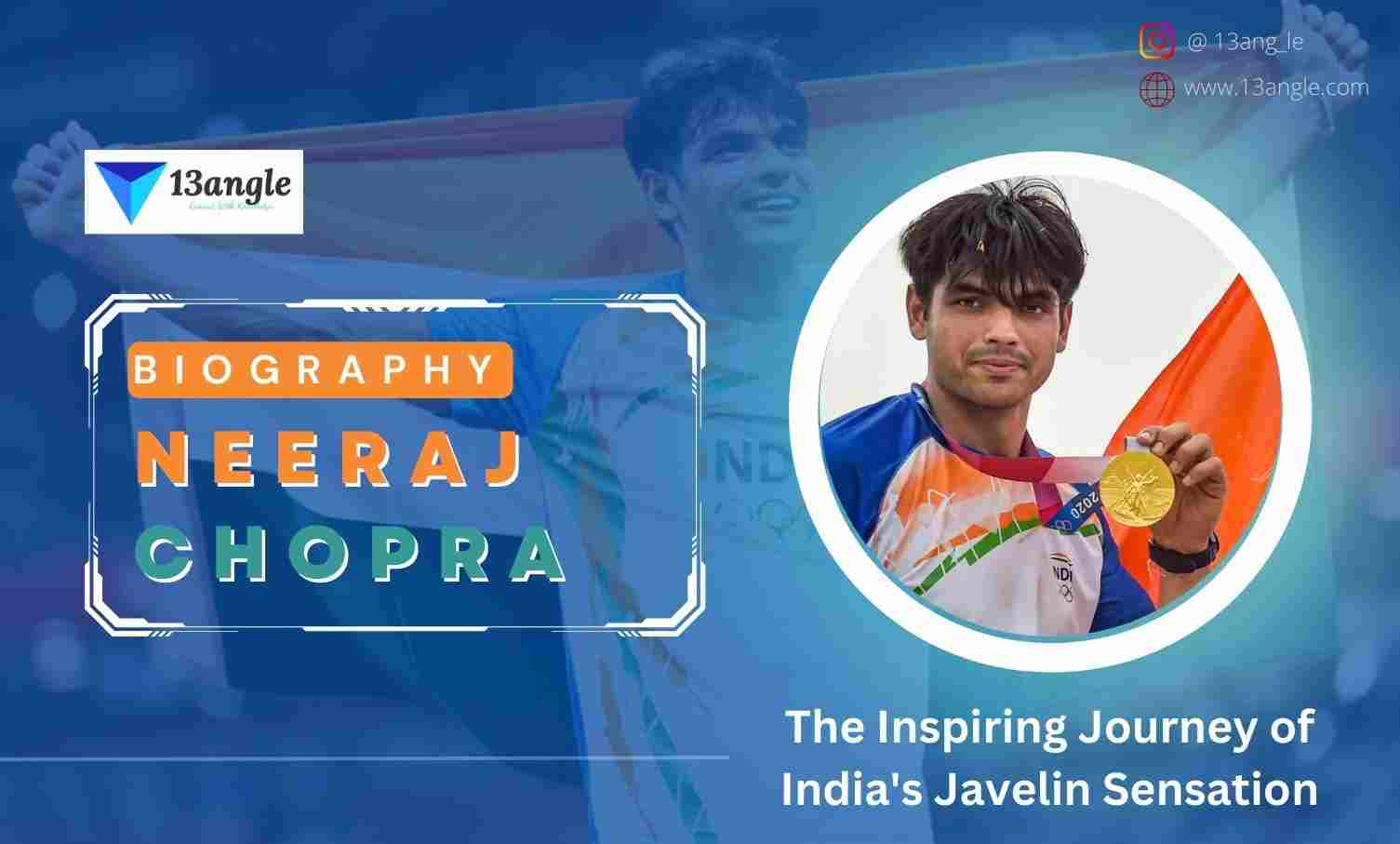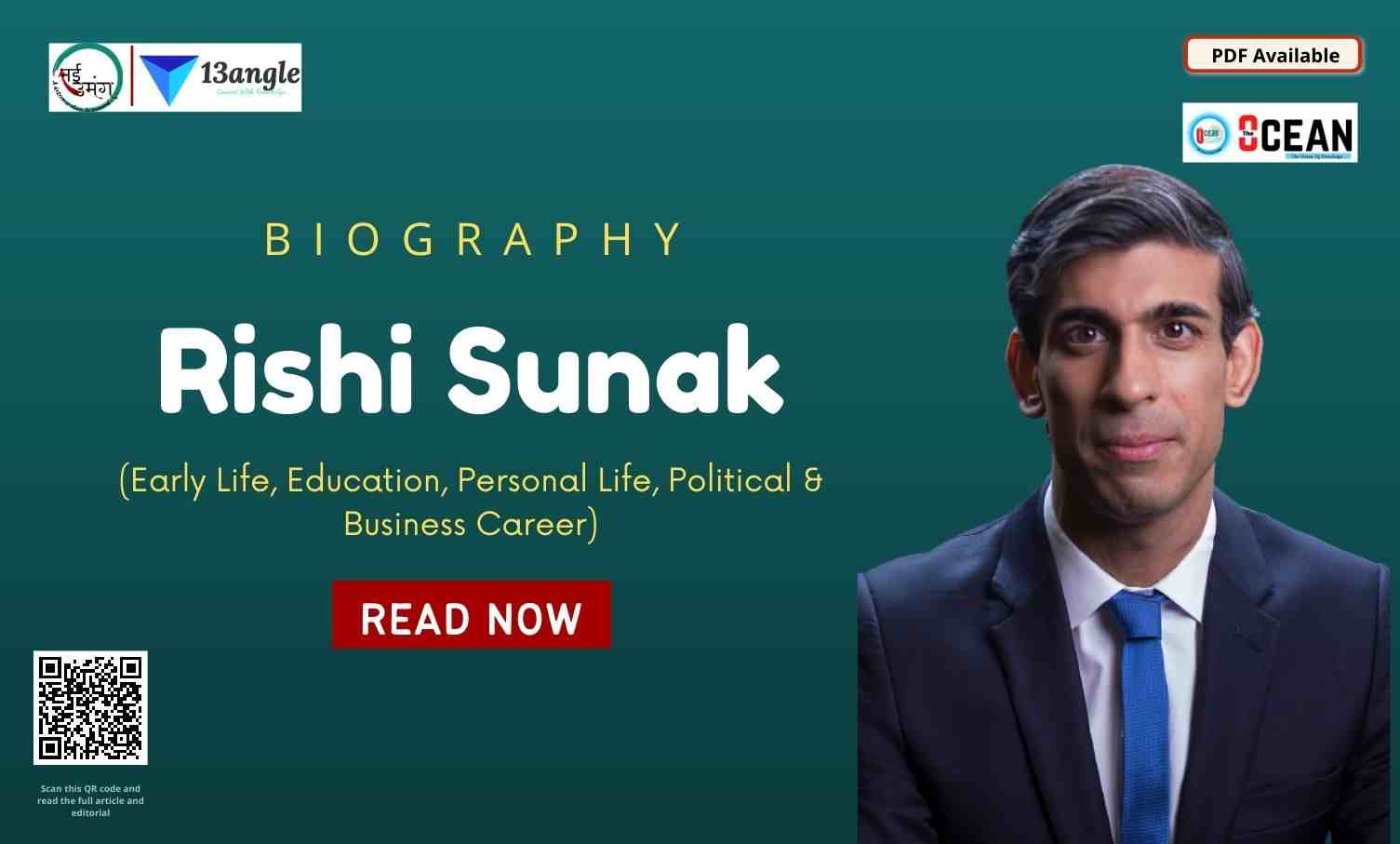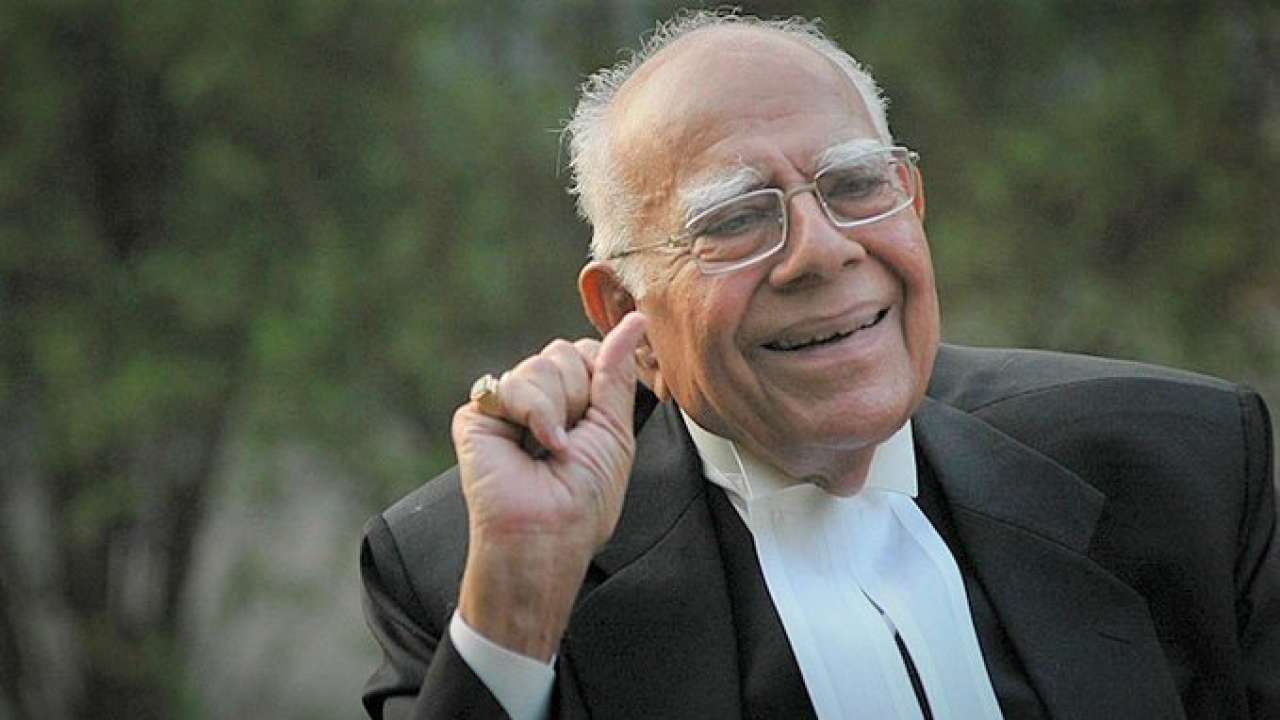
- When “The Legend of Law” word is stated, one person comes to mind: Ram Boolchand Jethmalani, one of the finest lawyers India has ever produced. He is portrayed in the media as a maverick, a never-say-die fighter, a brilliant lawyer, and a fantastic teacher. Ram Jethmalani has a tremendous commitment to his job. He could focus on a subject for hours on end. Then, the next morning, a fully charged Jethmalani would deliver a speech that could only be witnessed — not described. His advocacy, fluency, diction, and delivery were all very unique to him. Jethmalani wasn’t only a criminal defense lawyer; he was a true all-rounder, effectively arguing matters involving complex constitutional, electoral, and other legal issues. He was a force to be reckoned with both inside and outside the courtroom. Jethmalani has a grace that allowed him to command a room and make his presence felt in every way. All in all, he was a legend itself.
Personal Life

Jethmalani was born in 1923 to Boolchand Gurmukhdas Jethmalani and Parbati Boolchand in Shikarpur, Sindh, in the Sindh province of the erstwhile Bombay Presidency (now Pakistan). His mother was just 14 years old at the time of his birth, a child herself. In a literal sense, both mother and son grew up together. In his autobiography, he said that ‘There was a very delicate bond between us… we were like friends’. Among the three sisters, Ram Jethmalani was the only son. His father sent his distraught self to the boarding school Sindh Model School, Sukkur, and wanted him to become an engineer but in his own words law was in his blood. His father and grandfather both were lawyers and he also chose to become a lawyer. He received a double promotion in school and graduated with honors at the age of thirteen. He received a first-class LL.B. degree from Bombay University when he was 17 years old. The minimum age to become a lawyer was 21 at the time, but a unique exception (rising from an application he filed with the court opposing the rule regarding minimum age) permitted him to start practicing law at the age of 18. He received his LL.M. from Bombay University since Sindh did not have a university of its own at that time. According to Jethmalani, his first love was his school friend Dolly. Jethmalani had two wives, at the age of 18, he married his first wife Durga, in a traditional Indian arranged marriage. In 1947, just before partition, he secretly married his second wife, Ratna Shahani, a lawyer by profession. His family includes both of his wives and four children – three by Durga (Rani, Shobha, Mahesh) and one by Ratna (Janak). Mahesh and Rani, among his two sons and two daughters, are Supreme Court lawyers, with Mahesh also serving as a BJP leader and Rani as a social activist.
Ram Jethmalani at 95 was bedridden for a week and had lost a lot of weight. Jethmalani breathed his last at 7.45 am at his official residence in New Delhi on 8 September, a few days short of his 96th birthday. His last rites were performed in the evening at the Lodhi Road crematorium at 4 pm.
Career

1. Legal Career

- Ram Jethmalani started his career as a lawyer and Professor in Sindh before partition. He, along with his friend AK Brohi, started a law firm in Karachi, which was senior to him by six years. They started practicing together. Life’s ‘Firsts’ are always fresh in the mind. Jethmalani has said:
I still remember my first client’s distressed landlord. I charged him Re 1 as my fee.
When in February 1948, riots broke out in Karachi, Jethmalani fled to India on the advice of his friend Brohi, who was the then-law minister of Pakistan. When Jethmalani came to India he had only 10rs in his pocket and he stayed in a refugee camp in Bombay. Despite having a law degree and six years of practice he had to enroll at Bombay University and qualify all over again. In a talk at Algebra in June 2017, Jethmalani recounted his first case fought in India as a refugee. The newly enacted Bombay Refugees Act treated refugees inhumanely, prompting Jethmalani to file a case in the Bombay High Court, requesting that the law be declared unconstitutional, which he won.
Jethmalani later came to be noted for his appearance in the Nanavati case in 1959 with Yeshwant Vishnu Chandrachud, who later became the Chief Justice of India. Before and after the emergency, he served as Chairman of the Bar Council of India for four terms. He was also admitted to the International Bar Association in 1996. In addition, he was chosen president of the Supreme Court Bar Association in 2010. Jethmalani has taken numerous cases in his life from each field, and most of the cases have left their mark.
On 9 September 2017, he announced his retirement from the legal profession.
2. Political Career

Jethmalani’s father and grandfather were involved in politics at the municipal level, so politics was nothing new for him in fact politics excites him. After settling down professionally He started dabbling in politics and campaigned for Krishna Menon in a by-election in 1967. After partition Jethmalani’s experience as a refugee-led him to advocate for better relations between India and Pakistan, which he sought throughout his political career. In 1971, he contested as an independent candidate from Ulhas Nagar. Both the Shiv Sena and Jan Sangh supported his candidature but he lost the election. He was the chairman of the Bar Association of India during the 1975–1977 emergency periods. He was a harsh opponent of India’s then-Prime Minister, Indira Gandhi. An arrest warrant was obtained against him in Kerala, but it was delayed by the Bombay high court when he was represented by almost 300 lawyers, led by Nani Palkhivala. The stay was overturned in Additional District Magistrate of Jabalpur v. Shiv Kant Shukla due to a habeas corpus ruling. Jethmalani went into exile in Canada to continue his anti-emergency crusade. After the emergency was over, he returned to India ten months later. While in Canada, he ran for the Bombay North-West constituency in the Indian Parliament. He won the election and retained the seat in the 1980 general elections, but lost to Sunil Dutt in 1985.
He started his political career as a parliamentarian in the 1977 general election after the emergency, which Jethmalani won against then serving Union law minister H. R. Gokhale from Bombay in the Lok Sabha elections. In 1988, he was elected to the Rajya Sabha, and in 1996, he was appointed Union Minister of Law, Justice, and Company Affairs in Atal Bihari Vajpayee’s government. Despite being appointed Union minister of urban affairs and employment during Atal Bihari Vajpayee’s second term, in 1998, he was re-sworn in as Union minister for law on October 13, 1999. Following disagreements with the then-chief justice of India Adarsh Sein Anand and Attorney General of India Soli Sorabjee, he was asked to quit by the prime minister. At the request of Home Minister Lal Krishna Advani, he was brought into the government. Announcing his candidacy for President of India, he said:
“I owe it to the nation to provide my services,”
In 1987, he founded his own political party, the Bharat Mukti Morcha, as a “popular movement.” In 1995, he founded the Pavitra Hindustan Kazhagam, a political party dedicated to achieving “transparency in the operation of Indian democracy.”
In the general elections of 2004, he contested against Atal Bihari Vajpayee from the Lucknow constituency as an independent candidate, however, he lost. Later, in 2010, he was elected to the Rajya Sabha on a Bharatiya Janta Party ticket from Rajasthan. He also served on the Personnel, Public Grievances, Law, and Justice Committee. For making anti-party statements, the BJP removed Jethmalani from the party for six years in May 2013.
High Profile Cases
Hawala Scam – In 1997, he defended the then BJP president LK Advani and absolved him of all charges.
Jessica Lall Murder Case – He took the defense of Manu Sharma, the prime accused. However, he failed to get Manu Sharma acquitted.
Harshad Mehta Scam – He defended Harshad Mehta in a stock market scam and the Narasimha Rao bribery case.
Indira Gandhi Assassination Case – He challenged the medical evidence deposed of dr. t d Dogra, a forensic expert of AIIMS, on record in defense of Indira Gandhi’s alleged assassins.
Ketan Parekh- He defended Ketan Parekh in a stock market scam.
Haji Mastan- He appeared in a case involving Mumbai mafia gang leader, Haji Mastan.
Sohrabuddin Fake Encounter Case- He defended BJP leader Amit Shah, who was later on discharged in 2014.
2G Spectrum Case- He defended Kanimozi and in December 2017, the Delhi High Court acquitted DMK leader Kanimozhi of all the charges against her.
S. Jaganmohan Reddy- Appearing in Y. S. Jaganmohan Reddy’s special leave petition on stay for C.B.I. probe into money laundering in his companies.
BS Yeddyurappa- Illegal mining case- The former Karnataka chief minister BS Yeddyurappa along with 12 other accused were represented by Jethmalani in an illegal mining case filed by the Central Bureau of Investigation.
Rajiv Gandhi assassination case- In 2015, while defending convicts Murugan, Jethmalani argued in the Supreme Court that the former Prime Minister’s assassination was not a ‘crime against India’.
Ramdev- Defended Ramdev in case of alleged use of force on his followers at Ramlila grounds on 4 June 2011.
Aasharam Bapu- He defended Asaram Bapu in the Jodhpur sexual assault case.
Lalu Prasad Fodder Scam- Jethmalani represented RJD chief and former Bihar chief minister Lalu Prasad Yadav who was involved in the 900 crore fodder scam which broke out in the year 1996, reports Hindustan Times.
Sahara-SEBI Case- Appeared for Subrata Roy in the Sahara-SEBI case.
Jayalalithaa Disproportionate Assets Case– He appeared for former Tamil Nadu chief minister J Jayalalithaa’s disproportionate assets case worth Rs 66.65 crore in the year 2014, reports PTI.
Arvind Kejriwal Vs Arun Jaitley- Represented the Delhi Chief Minister in the defamation case filed by the late Finance Minister over Delhi District Cricket Association (DDCA) corruption allegations; later, however, Kejriwal apologized to Jaitley to settle the case.
An Excellent Mentor

- Jethmalani started his journey as a teacher as a part-time career. In 1954, he began teaching graduate and postgraduate students at the Government Law College in Mumbai on a part-time basis. In addition, he was a comparative law professor at Wayne State University in Detroit, Michigan. He has also served as the Professor Emeritus for Symbiosis International University law schools. When he taught classes, they were always packed, even when poor attendance was the norm. He has a unique manner of explaining things and was able to quickly establish rapport with the pupils. One time when Jethmalani explained the meaning of ‘negative presumption’ from ‘Law of Evidence’, he said
“If a man and a woman of agreeable age lock themselves in a stable, the presumption may be — (long pause) — that they are not there to pray.”
He was a fantastic law professor. Several eminent lawyers who were his students now can be found all over India.
Tanvi Dubey, Jethmalani’s final student, also interned under him. She has acknowledged her grief and shared a lot about Ram Jethmalani since Jethmalani’s death. He was a remarkable and excellent teacher, and after the first cross-examination, which she attended with Jethmalani, he gave her some really important advice.
.” this is a skill you acquire through long experience and long introspection..If somebody wants to really read what interesting cross-examination can be, you should read the cross-examination of Mr. Oscar Wilde in his defamation case which was filed against (Lord Alfred) Douglas’ father.”
- He was the type of instructor who always pushed students to work hard and encouraged them, and there was never a moment when he didn’t do so.
“…If you have chosen this profession…be prepared to put in the relentless amount of effort and hard work. There is no substitute to hard work and there is an absolute delight in putting your best efforts in what you are doing.”
- By honoring him Tanvi Dubey said that Jethmalani was a very humble man,
‘There was always somebody who needed his help, and he would help everyone in the best way, he possibly could-such was his magnanimity. I’m sure there are hundreds of people who have many such stories about the phenomenon that was Ram Jethmalani.’
Awards And Achievements
In 1977 he received Human Rights Award instituted by World Peace through Law for his fight against authoritarianism in the Philippines.
Jethmalani received International Jurist Award from the prime minister of India.
Books
=> Jethmalani was a gifted writer and author,
- Big Egos, Small Men (2000)
- Conflict of Laws (1995)
- The conscience of Maverick (2007)
- Justice: Soviet Style
- Maverick: Unchanged, Unrepentant (2014)
=> Jethmalani had also co-authored a number of legal scholarly publications in many subjects of law,
- Administrative Law (2016)
- The Indian Penal Code 1860 In 2 Vols (2018)
- Parliamentary Privileges Law And Practice (2015)
- Media law In 2 Vols (2014)
- The Code of Criminal Procedure 1973 In 2 Vols (2015), and so on.
=> Some have attempted to capture Jethmalani’s renowned personality on paper and use his story to inspire young people.
- Ram Jethmalani: The Authorized Biography by Nalini Gera
- Rebel: A Biography of Ram Jethmalani by Susan Adelman (2014)
Jethmalani Through Lenses
=> Several times, Jethmalani has taken controversial cases that became the center of attention and re-emerged on the television screen.
Actor Mithilesh Chaturvedi portrays Jethmalani in Scam 1992, a Sony LIV’s original web series based on the 1992 Indian stock market scam of Harshad Mehta.
Actor Sumeet Vyas portrays Ram Jethmalani in the Hindi web series The Verdict based on a real-life incident that is Nanavati case available on OTT platform Zee5 and in association with Ekta Kapoor’s Alt Balaji.
Actor Ram Kapoor portrays Jethmalani in the Bollywood film The Big Bull, starring Abhishek Bachchan, loosely based on the life and crimes of Harshad Mehta.
Actor Sachin Khedekar portrays Jethmalani in the 2016 Bollywood film Rustom.
Controversy
Jethmalani was an honest individual. He never hold back when it came to expressing himself. As a result, he has earned various nicknames, including Maverick and Rebel.
Jethmalani’s beliefs remained constant, and he always did what he thought was right.
At starting of his political career, he was not made law minister himself as Morarji Desai disapproved of his lifestyle.
On the 28th of July 2011, at a reception organized by the Pakistan High Commission for Pakistan Foreign Minister Hina Rabbani Khar, who was visiting India, Jethmalani branded China an enemy of both India and Pakistan and advised Indians and Pakistanis to be wary of the Chinese.
In 2012, Jethmalani wrote to then Bhartiya Janata Party (BJP) President Nitin Gadkari, accusing opposition BJP leaders of being “silent against the huge corruption” within the ruling UPA-II government, and stated that BJP “is sick”. Jethmalani’s letter became public on the internet.
in conversation with author Shobha De and journalist Madhu Trehan, Jethmalani has said, “LK Advani is the most ungrateful man because he is a party to my expulsion from the BJP.”
During a session titled ‘The Devil’s advocate: Ram Jethmalani’. Jethmalani said, “Arun Jaitley needs to be dismissed right away if black money needs to be recovered.”
When Arvind Kejriwal abandoned Jethmalani during the case, Jethmalani had charged Arvind Kejriwal Rs 3.8 crores, said that he had actually given his client a discount. He said “I have not asked for the retainer fee I normally charge my other clients. I have also reduced the fee for each appearance in court. Moreover, I have not charged him a penny for the elaborate conferences prior to each hearing in the trial court”.
Three years after the 2014 elections, a totally disillusioned Jethmalani expressed his disappointment with the Modi government. “I worked for the prime minister from 2011. When the election results were announced, I used to write my weekly piece in The Sunday Guardian. My first paragraph in that was ‘Dear Mr Modi, Congratulations on your spectacular success. I am very proud that I have some very small contribution to make to your success but I am writing this only to tell you that so far as I am concerned I am living in the departure lounge of God’s airport. I want nothing from you and nothing means nothing in return. Now please fulfill your promises to the people of India.’ …I do not wish to sound cankerous but I must confess to you that today I am the unhappiest man in this country,”
Jethmalani paid Rs 13 lakhs to Indian Express for an ad asking the government 12 questions on the black money issue.
When Jethmalani cross-examined Arun Jaitley in the civil defamation suit against Kejriwal, a Twitter user cheekily commented: “@ArunJaitley please sue Ram Jethmalani as he has defamed you in the courtroom more than @ArvindKejriwal did.”
When Jethmalani was asked during an interview with the Wall Street Journal if he had accepted Bapu as his client because the latter paid him well, the barrister had replied: “Of course, naturally.”
- He said, “I decide according to my conscience who to defend. A lawyer who refuses to defend a person on the grounds that people believe him to be guilty is himself guilty of professional misconduct.”
Top 13 Amazing Facts About Ram B. Jethmalani
Ram Jethmalani was closest to his mother and he grew up together with his mother at the home of grandparents.
Jethmalani had had exceedingly intimate relationships with many charming women.
The firstborn of Ram Jethmalani, Mohini, died of pneumonia at the age of three.
Jethmalani was a believer in Buddhist philosophy.
Badminton was a favorite sport for Jethmalani, which he never misses playing even at age of 93.
In 1959, Ram Jethmalani appeared in the famous K.M. Nanavati vs. State of Bombay case. This was among the last cases to be heard as a jury trial in India, as the government abolished jury trials soon after.
He earned a reputation of being a ‘smuggler’s lawyer after he defended Haji Mastan, in a smuggling case.
Jethmalani defended the killers of former Prime Minister Indira Gandhi, Dalal Street scammers Harshad Mehta and Ketan Parekh, and DMK MP Kanimozhi. He also opposed the death sentence of Afzal Guru.
In 1995 he launched his own political party called ‘Pavitra Hindustan Kazhagam’, with a motto to achieve transparency in the functioning of Indian Democracy.
In 1987, at the age of 64, Ram Jethmalani announced his candidature for the President’s post. He also launched a political front called Bharat Mukti Morcha.
In 2013, Ram Jethmalani was expelled from BJP, for accusing it of being “silent against high corruption”
India’s highest-paid lawyer Ram Jethmalani had said that he charged a fee to only those who could afford it.
Shobha De announced that Jethmalani still (jokingly) tampers with his age. Sometimes he says he’s 92, sometimes 90. Big difference!

